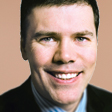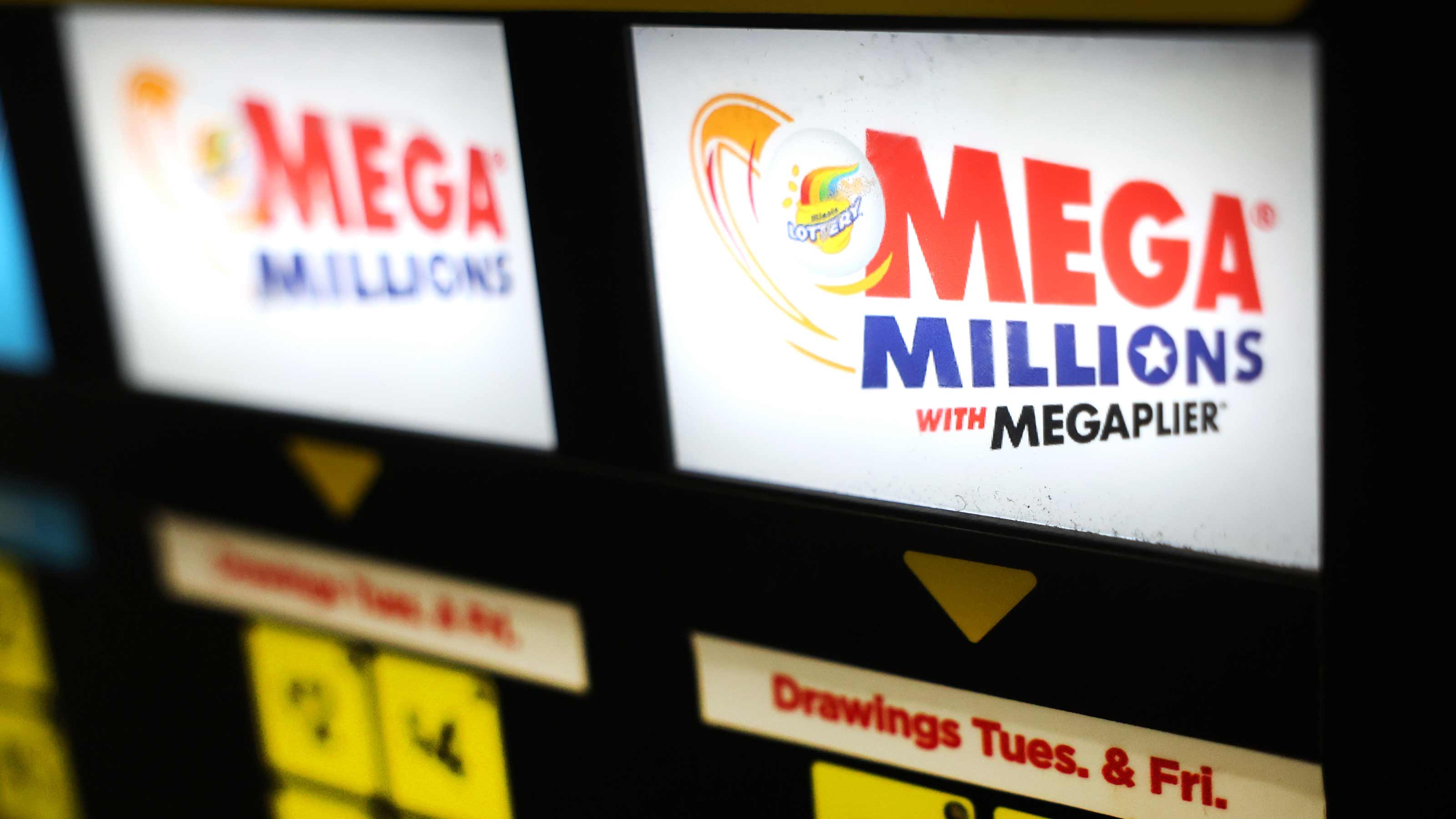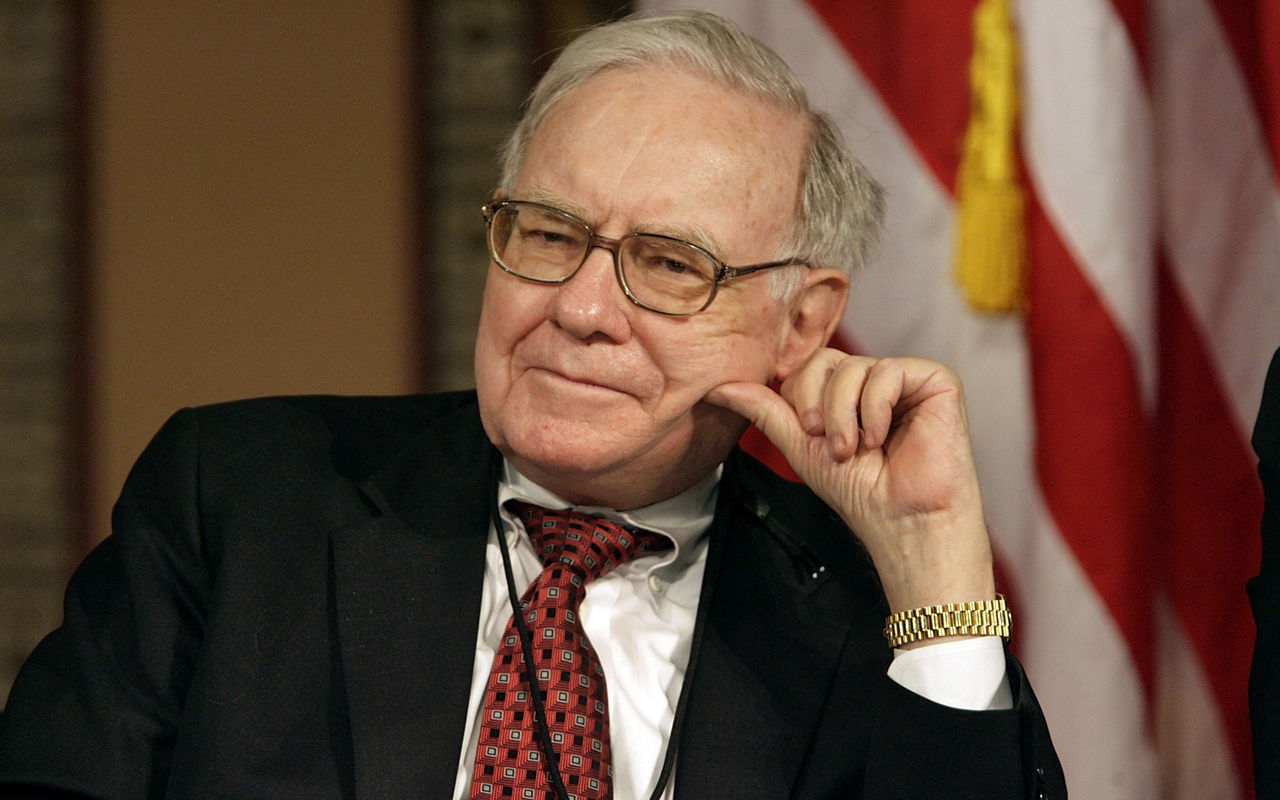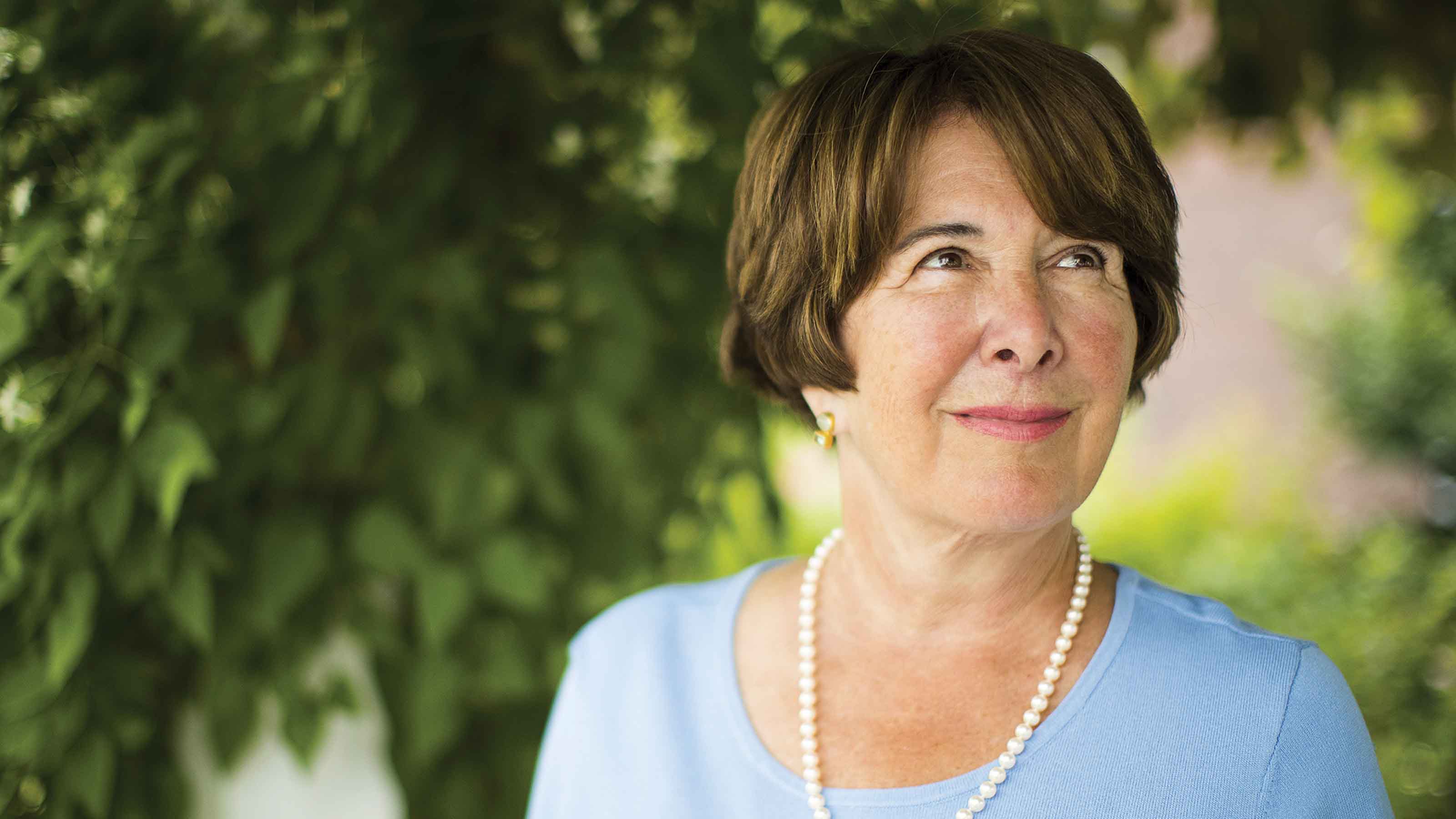Under-the-Radar Picks
These funds aren't hot performers. They are simply funds that have gradually built strong records.

Profit and prosper with the best of Kiplinger's advice on investing, taxes, retirement, personal finance and much more. Delivered daily. Enter your email in the box and click Sign Me Up.
You are now subscribed
Your newsletter sign-up was successful
Want to add more newsletters?

Delivered daily
Kiplinger Today
Profit and prosper with the best of Kiplinger's advice on investing, taxes, retirement, personal finance and much more delivered daily. Smart money moves start here.

Sent five days a week
Kiplinger A Step Ahead
Get practical help to make better financial decisions in your everyday life, from spending to savings on top deals.

Delivered daily
Kiplinger Closing Bell
Get today's biggest financial and investing headlines delivered to your inbox every day the U.S. stock market is open.

Sent twice a week
Kiplinger Adviser Intel
Financial pros across the country share best practices and fresh tactics to preserve and grow your wealth.

Delivered weekly
Kiplinger Tax Tips
Trim your federal and state tax bills with practical tax-planning and tax-cutting strategies.

Sent twice a week
Kiplinger Retirement Tips
Your twice-a-week guide to planning and enjoying a financially secure and richly rewarding retirement

Sent bimonthly.
Kiplinger Adviser Angle
Insights for advisers, wealth managers and other financial professionals.

Sent twice a week
Kiplinger Investing Weekly
Your twice-a-week roundup of promising stocks, funds, companies and industries you should consider, ones you should avoid, and why.

Sent weekly for six weeks
Kiplinger Invest for Retirement
Your step-by-step six-part series on how to invest for retirement, from devising a successful strategy to exactly which investments to choose.
In the old days, the manager of a stock fund could put up good numbers for a few years, then sit back and watch the money roll in. That’s not the case today. Of course, chasing the hottest funds isn’t such a hot idea. But neither is avoiding stocks altogether, which is evidently the current strategy of many shell-shocked investors. Enough already. It’s time to stop fighting the last war.
If you’re ready to give stocks another try -- or you never abandoned them in the first place -- I’ve got a few names for you to consider. These funds aren’t new, and they aren’t hot performers. They are simply funds that have gradually built strong records. The closer we looked at them, the more we were impressed. In recent months, we’ve added them to our list of Analyst Picks.
Vanguard Dividend Growth (symbol VDIGX) benefited from two key changes a few years back. In late 2002, Vanguard changed the fund’s mandate so that instead of focusing on utility stocks, it would follow a dividend-growth strategy. The emphasis on dividend growth rather than yield pushed the fund to invest in healthier companies than it might have otherwise owned. That helped it avoid the losses many other dividend-oriented funds suffered during the recent market cataclysm. And in 2006, the fund’s adviser, Wellington Management, put Don Kilbride in charge. He has now run the fund long enough for us to judge his abilities, and we like what we see. As you would expect with a Vanguard fund, annual expenses, at 0.36%, are quite low.
From just $107.88 $24.99 for Kiplinger Personal Finance
Become a smarter, better informed investor. Subscribe from just $107.88 $24.99, plus get up to 4 Special Issues

Sign up for Kiplinger’s Free Newsletters
Profit and prosper with the best of expert advice on investing, taxes, retirement, personal finance and more - straight to your e-mail.
Profit and prosper with the best of expert advice - straight to your e-mail.
Unlike Kilbride, the men running Royce Premier (RYPRX), Chuck Royce and Whitney George, have records that go back decades. Premier is somewhat concentrated, holding 68 stocks at last report. It generally invests in the highest-quality small and midsize companies that Royce analysts follow. The stocks also tend to be among the most liquid in the Royce universe -- a good thing, considering the fund’s hefty $5-billion asset base. Premier held up much better than most stock funds in 2008, losing 28%, and it has performed admirably in 2009.
Among overseas funds, Scout International (UMBWX) is a winner. Stationed in Kansas City, lead manager James Moffett has chalked up good results despite lacking a big staff and a global presence. Moffett combines big-picture analysis with a search for companies with strong balance sheets and stable growth. He’s not the only overseas investor who operates that way, but few deliver better results. And few are as patient: Moffett holds stocks for about six years, on average. But he will not invest in China or Russia because he doesn’t believe that those countries sufficiently protect shareholder rights. Moffett has consistently beaten his peers while avoiding larger-than-average losses in down years. Another plus is the fund’s relatively economical price: Its annual expense ratio is 1.02%.
I’m a big fan of the Matthews fund family for its long-term dedication to Asia. Matthews Asian Growth & Income (MACSX) is a great fund for toning down risk in a high-risk area. Andrew Foster, who joined Matthews in 1998 and became the fund’s lead manager in 2008, recently had about two-thirds of its assets in dividend-paying stocks, about one-fourth in convertible securities and the rest in straight bonds, cash and preferred stock. Compared with other investors in fast-growing Asia, Foster’s income strategy is unusual, but it serves to cushion losses in market selloffs. For example, the fund’s 32% loss in 2008 was 21 percentage points less than the decline of its average competitor. But its 54% gain from the March 9 bottom through November 5 lagged the category average by 35 points. That may sound unimpressive, but if you invest in emerging markets at the wrong time, it can take ten years to recoup your losses. I welcome a chance to cut down the rebound time.
Columnist Russel Kinnel is director of mutual fund research for Morningstar and editor of its monthly FundInvestor newsletter.
Profit and prosper with the best of Kiplinger's advice on investing, taxes, retirement, personal finance and much more. Delivered daily. Enter your email in the box and click Sign Me Up.

-
 How Much It Costs to Host a Super Bowl Party in 2026
How Much It Costs to Host a Super Bowl Party in 2026Hosting a Super Bowl party in 2026 could cost you. Here's a breakdown of food, drink and entertainment costs — plus ways to save.
-
 3 Reasons to Use a 5-Year CD As You Approach Retirement
3 Reasons to Use a 5-Year CD As You Approach RetirementA five-year CD can help you reach other milestones as you approach retirement.
-
 Your Adult Kids Are Doing Fine. Is It Time To Spend Some of Their Inheritance?
Your Adult Kids Are Doing Fine. Is It Time To Spend Some of Their Inheritance?If your kids are successful, do they need an inheritance? Ask yourself these four questions before passing down another dollar.
-
 How I'm Going to Invest My Mega Millions Lottery Jackpot
How I'm Going to Invest My Mega Millions Lottery JackpotThe odds of winning the Mega Millions lottery are effectively zero, but here's how I'm investing my fortune should I hit the jackpot.
-
 Four Random Facts and Thoughts About Warren Buffett
Four Random Facts and Thoughts About Warren BuffettIf I love Warren Buffett so much why don't I just marry him?
-
 Investing in Gold Is Dumb
Investing in Gold Is DumbStocks are better than gold for both generating wealth and offering protection against inflation.
-
 What's So Scary About a Mega-Cap Tech Bull Market?
What's So Scary About a Mega-Cap Tech Bull Market?Bears say the market can't keep rallying when only five mega-cap tech stocks are driving returns, but history suggests otherwise.
-
 We Are Not in a Bull Market
We Are Not in a Bull MarketIt takes more than a 20% gain off the low to proclaim the beginning of a new bull market.
-
 Why I Don't Buy Stocks
Why I Don't Buy StocksIt's nearly impossible to beat the market – but it is cheap and easy to match it.
-
 Amy Domini on the Secrets of Sustainable Investing
Amy Domini on the Secrets of Sustainable InvestingESG An ESG pioneer says finding good corporate citizens is the best way to make money.
-
 Bitcoin Halving: What Does It Mean for Investors?
Bitcoin Halving: What Does It Mean for Investors?Technology 'Mining' for this cryptocurrency just became a lot more expensive